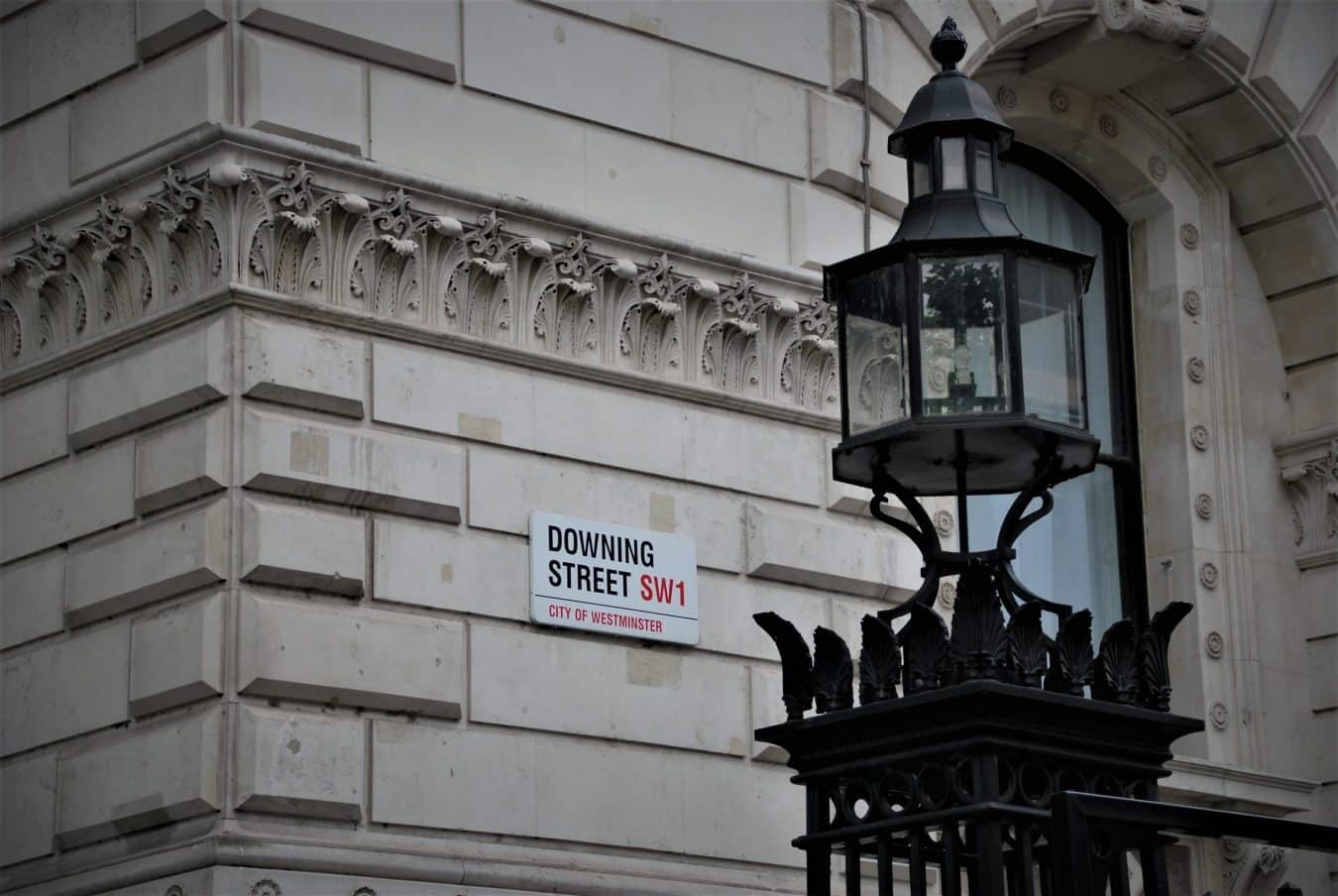Chancellor Rishi Sunak delivered a Budget on Wednesday, one year on from the outbreak of the coronavirus pandemic. He revealed that the UK economy shrank by 10% in 2020 and the forecast suggests a rebound in 2021 with projected annual growth of 4% this year.
The FTSE 100 reacted positively on Budget day, even before the Chancellor delivered his speech. The index was up by about 2% in morning trading on Wednesday and closed 0.93% up. There were a number of takeaways for personal finances; here’s what you need to know.
Tax
Income tax
Personal allowance thresholds for income tax will be frozen. This effectively raises income tax because wage inflation means more people are tipped over the thresholds, resulting in bigger tax bills.
Allowances will be raised in line with September’s inflation rate of 0.5% next year (April 2022) to £12,570 and £50,270, but then will stay at the same rates for five years, until 2026.
Capital Gains Tax
After much debate that this tax would increase, capital gains tax thresholds are to remain the same. Individuals can make a capital gain from the sale of a second home or assets up to £12,300 before paying capital gains tax. Anything over is charged at 20% on assets, but 28% on residential property.
Inheritance Tax
Thresholds will also remain at current levels meaning there’s no reduction in tax bills. Beneficiaries pay 40% over the £325,000 limit. Parents can pass on a home worth £1million to their children tax-free, however. The ‘main residence nil-rate band’ adds another £175,000 each to the normal tax-free threshold of £325,000 each. This gives couples a maximum total exemption of £1 million.
The main residence nil-rate band is only for direct descendants, including children, grandchildren, great grandchildren and adopted, step and foster children.
Pensions
Pensions lifetime allowance
The total amount you can build up in pension benefits over your lifetime with full tax benefits is to remain at its current limit of £1,073,000. This freeze acts as an effective tax on pension withdrawals as anything above this amount will be subject to a tax charge of up to 55%.
High-earning NHS doctors and consultants as well as headteachers who benefit from generous final salary pensions will be among those hit.
Investments
Savings bond
A new savings bond for green projects is to be made available for retail investors through National Savings & Investments. Details of the bond, which will be 100% backed by the Government, such as the launch date and interest rate paid on the bond are yet to be announced.
ISA allowances
The annual ISA allowances were unchanged at £20,000 for the 2021/22 tax year and £9,000 for Junior ISAs.
Housing
Stamp duty
The stamp duty holiday was extended by three months to help buyers that look set to miss the previous deadline of 31 March. The new deadline will be now be 30 June.
The Treasury announced last year that it would temporarily raise the stamp duty threshold from £125,000 to £500,000 for property sales in England and Northern Ireland.
After 30 June has passed, there will be an interim nil rate of £250,000 for three months. The standard threshold of £125,000 will resume on 1 October. The average stamp duty saving in England is £5,802, according to Rightmove.
Mortgages
The Government is to guarantee mortgages for lenders where borrowers can only raise a 5% deposit. From next month banks and building societies will offer mortgages worth 95% of the purchase price on properties worth up to £600,000.
The loans will be available to existing homeowners as well as first-time buyers. Current homeowners can use the equity in their property to re-mortgage.
Covid support
Furlough scheme
The furlough scheme – which pays 80% of employees’ wages for the hours they cannot work in the pandemic – has been extended to the end of September.
Self-employed workers
The self-employed can access grants through the Coronavirus Self-Employed Income Support Scheme (SEISS). For eligible individuals, a fourth grant available in April is equivalent to 80% of three months’ average profits, capped at £7,500. In May, a fifth grant will be released.
The SEISS was extended by the Chancellor, to those who can show they were trading in 2019/20 from their tax returns. An extra 600,000 individuals who became self-employed during 2019/20 may now qualify for the grants.
Photo by Jordhan Madec on Unsplash

